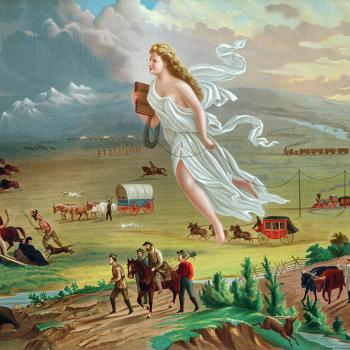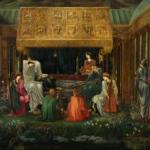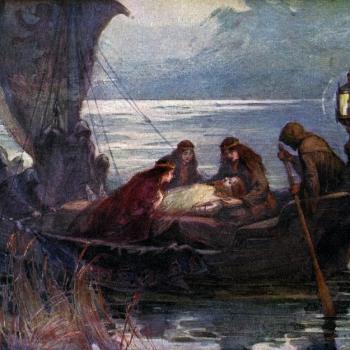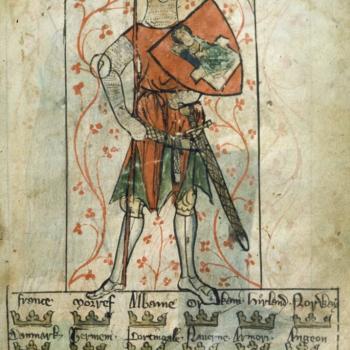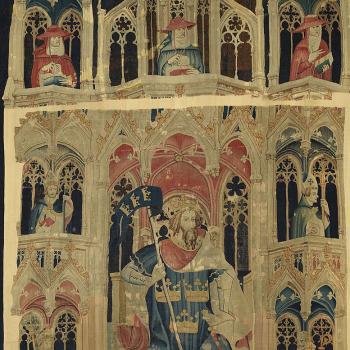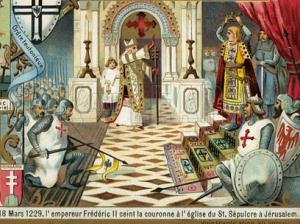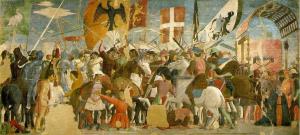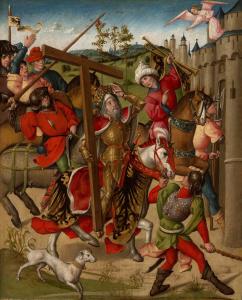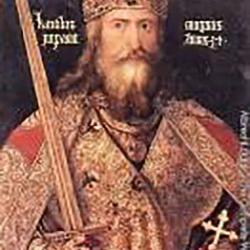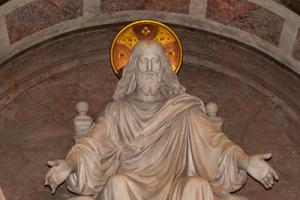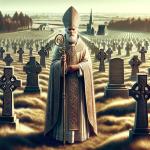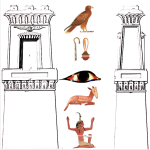Before we can turn to the Civil War-era writers mentioned in the last entry, it is first necessary to understand how deeply engrained apocalyptic beliefs were in American culture at the time. Most Americans are probably familiar with the famous Union marching song, the Battle Hymn of the Republic, as it has remained an occasional patriotic standard ever since the Civil War. What most are not aware of is how much the song draws upon apocalyptic themes and... Read more


